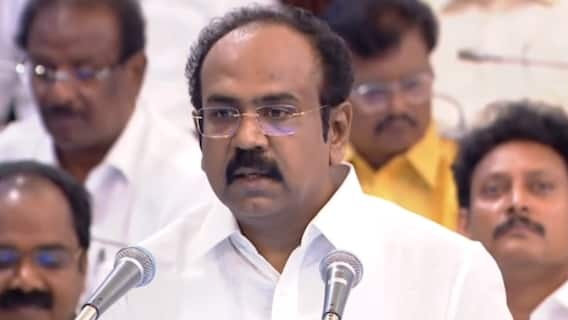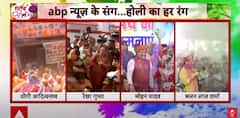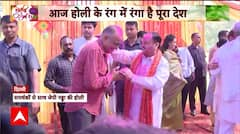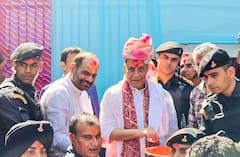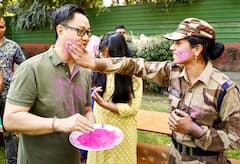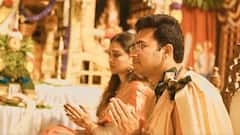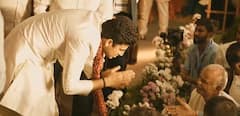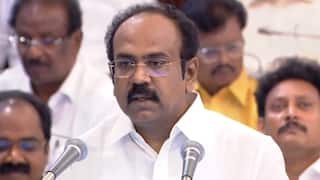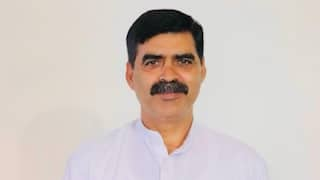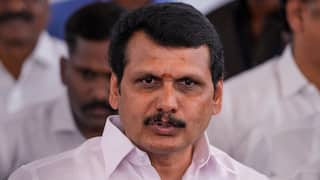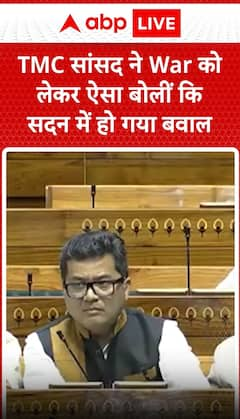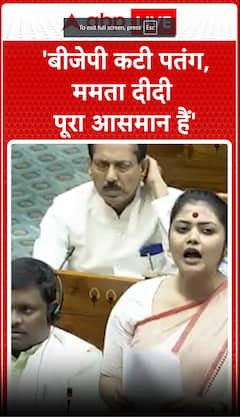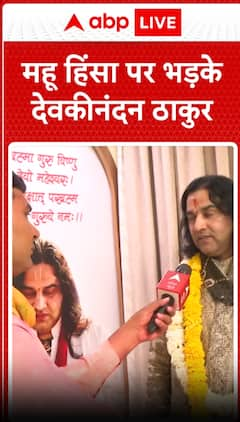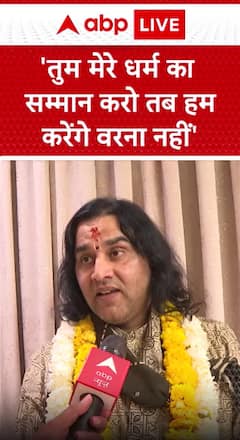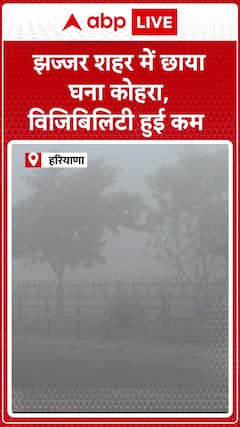Supreme Court Hearing On Same-Sex Marriage Enters Day 4: Top quotes
Same-Sex Marriage: The Supreme Court said Parliament was empowered to legislate on the subject of marriage and divorce.

New Delhi: The Supreme Court on Tuesday entered into day four of its hearing on a batch of petitions regarding the legalisation of same-sex marriages in India. A constitution bench led by Chief Justice of India (CJI) DY Chandrachud pondered how far the Supreme Court could go while recognising such marriage, given that adoption, inheritance, etc were governed by personal laws.
The bench, also comprising Justices Sanjay Kishan Kaul, S Ravindra Bhat, Hima Kohli and PS Narasimha, said Parliament was empowered to legislate on the subject of marriage and divorce.
Here are the top quotes from the hearing:
- The CJI said Parliament had the power to interfere with the canvas covered by these petitions. "Entry 5 of the concurrent list specially covers marriage and divorce. So the question really is which are the interstices left in which this court can interfere...The test really is, how far can the courts go?" the CJI asked.
- Representing the petitioners, Senior Advocate Geeta Luthra said, "Discrimination is happening on my sex and on the basis of the sex of my partner. It is discrimination on the grounds of sex. marriage is the oldest social institution.. man is also a social being and COVID has shown how difficult it is to live alone... at one time interracial marriages were not recognised in USA and inter caste was not allowed in India.. but it is now.. marriage is an evolving concept.. majority cannot decide the rights of a minority."
- "12 countries out of G20 has allowed same sex marriage. we cannot be behind even if its just one person and we cannot deny them their rights.. these rights include visas, passports and rights to live in India.. also rights of inheritance .. we cannot just wipe these rights clean and say it means nothing," Luthra said.
- Senior advocate Maneka Guruswamy, for the petitioners’ side, said, "We the people gave ourselves the constitution... Centre cannot come here and say that this is a matter of parliament since our fundamental rights is part of the basic structure and this is what the 50 years of keshavananda bharathi case was all about and these 50 years was of LGBTQIA as well."
- "Pension to judges etc are all based on spousal relationship based on marriage and we are denied of all of this. Marriage is also a matter of conscience under Article 25 of the Indian constitution," Guruswamy said.
- Arguing for the petitioners, Anand Grover said, "In the counter filed by Centre it is like there was no same sex relation in India before the advent of the Britishers. This is wrong. this was prevalent and even scriptures record it. After the British we have imbibed the disgruntlement of the British towards transgenders etc..we carry it even now further."
- Senior Advocate Kothari said, "The notion that a family always has a father and mother may not be correct since there are situations where one spouse has died or that they are separated... but none of this situation is different than the heterogenous ones.. is a family different just because gender identity is different... thus this should fall under Article 21."
- Kothari provided a proposed gender-neutral reading of the Special Marriage Act. “The special marriage act, and the manner in which it is construed presently, by focusing only on men and women denies transgender persons the right to marry and have a family solely on basis of their gender identity. That amounts to a 15(1) discrimination on basis of sex.”
- Senior Advocate Saurabh Kirpal said, "By failing to recognise marriage equality and not recognising this right... We have to address the elephant in the room. In terms of workability of issue, question is how far can we go. There is clear discrimination as the SMA is read which shows non heterosexuals cannot get married."
- CJI DY Chandrachud said, "To accept these submissions we will say let the benefits devolve upon same sex couples but then we are asking it to leave out the people for whom it was actually intended.. so court is giving a value judgment on who will be excluded at the end of day...look at payment of gratuity act.. if an employee dies.. law of succession defines who will get the benefits.. so if we say that benefit be given to same sex couples.. so then it will exclude others... does this not lead to statutory value judgment... ?"
Trending News
Top Headlines









